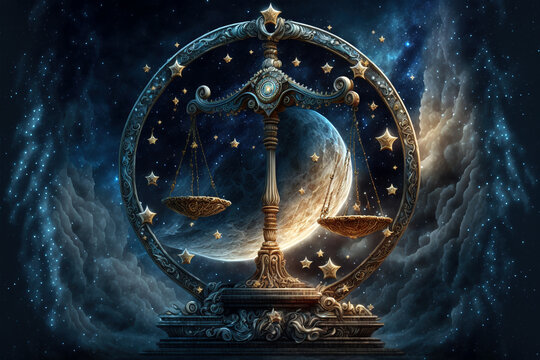The Symbolism of Fire in Hindu Religious Ceremonies

In Hinduism, fire is one of the most revered and powerful elements, holding profound spiritual and symbolic significance. It plays a central role in various rituals, ceremonies, and religious practices. Fire in Hinduism is not just a physical element; it represents purity, transformation, and the divine presence. The symbolism of fire is closely tied to the concept of Agni, the god of fire, who serves as a mediator between humans and the divine.
Agni: The Divine Messenger
In Hinduism, Agni, the god of fire, is considered one of the most important deities in the Vedic pantheon. Agni is believed to be the carrier of sacrifices and offerings to the gods. He is also regarded as a purifier, destroying impurities and purging both the physical and spiritual realms. Agni’s role as a messenger between humans and the gods makes him a central figure in Hindu rituals and ceremonies.
Fire is considered the means through which prayers, offerings, and sacrifices are delivered to the divine. The belief is that as the offerings burn in the sacred fire, they ascend to the gods in the form of smoke. This process symbolizes the connection between the material world and the spiritual realm.
Fire in Yajna: The Ritual of Offering
One of the most important and ancient rituals in Hinduism is the yajna, or fire sacrifice. The yajna involves offering ghee (clarified butter), grains, and other sacred materials into the fire while chanting mantras. These offerings symbolize the devotion and gratitude of the worshipper. The yajna is a powerful way of invoking divine blessings, and the fire plays a central role in this process.
The fire in yajna is considered a manifestation of Agni himself. It is seen as the medium through which the energy of the gods is accessed and invoked. Through the yajna, the devotee seeks purification, prosperity, and spiritual progress. The continuous presence of fire in such rituals symbolizes the eternal flame of wisdom and knowledge that burns in the hearts of devotees.
Fire in Life-Cycle Rituals: Samskaras
Fire also holds an essential place in the samskaras (life-cycle rituals) of Hindus, marking important life transitions like birth, marriage, and death. The role of fire in these rituals is symbolic of transformation and the crossing of significant life stages.
For example, during the Hindu marriage ceremony, a sacred fire is lit, and the couple takes seven vows (saptapadi) around it. The fire here symbolizes the purity of the bond and the couple’s commitment to a spiritual path together. It is also a representation of the divine presence that sanctifies the union.
In Antyesti, the last rites or funeral rituals, fire is used for the cremation of the deceased. The fire in this context symbolizes the liberation of the soul from the physical body. It is believed that the soul’s journey to the afterlife is guided by the fire, which helps in releasing the soul from the cycle of birth and death.
Fire in Temples: The Eternal Flame
In Hindu temples, the presence of a sacred flame is a common sight. Often, lamps or oil wicks are lit in front of deities, representing the divine presence. These flames are symbolic of light, knowledge, and the triumph of good over evil. The eternal flame, or jyoti, is also a symbol of spiritual illumination, and it reminds the devotee to seek wisdom and enlightenment in their life.
The continuous lighting of the flame in temples, especially during festivals and ceremonies, signifies the perpetual presence of divine power. The worshippers believe that by meditating or praying in the light of the flame, they can cleanse their hearts and minds, achieving a higher state of spiritual consciousness.
The Fire of Transformation: Moksha
In Hindu philosophy, fire symbolizes the transformative power that can purify both body and soul. It is through fire that the ego and material attachments are burned away, leading to spiritual liberation or moksha. The process of yajna, the burning of offerings, and even the cremation of the body after death represent this transformative power. Fire is seen as a means of liberation from the cycles of birth, death, and rebirth (samsara), allowing the soul to merge with the divine and attain eternal peace.
Conclusion: The Eternal Presence of Fire in Hinduism
In Hinduism, fire is not merely a physical element; it is a deeply symbolic force that connects the earthly and divine realms. Through its purifying, illuminating, and transformative qualities, fire plays an essential role in various religious ceremonies and practices. Whether it is through the yajna, the sacred fire of life-cycle rituals, or the eternal flame in temples, fire in Hinduism represents the divine light that dispels darkness, both externally and within. As Hindus continue to engage with these ancient rituals, the symbolism of fire remains a vital part of their spiritual journey, guiding them toward purity, wisdom, and ultimate liberation.










